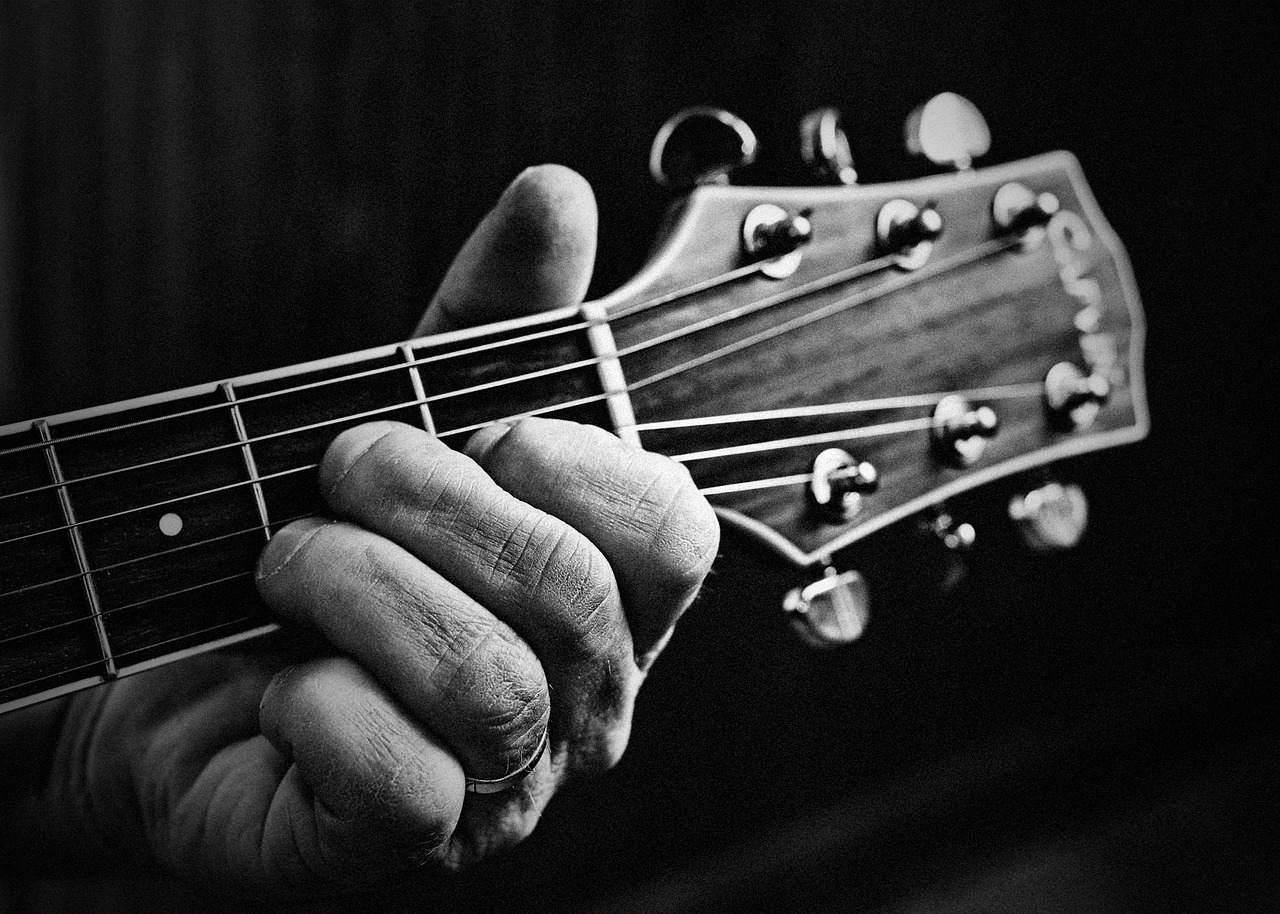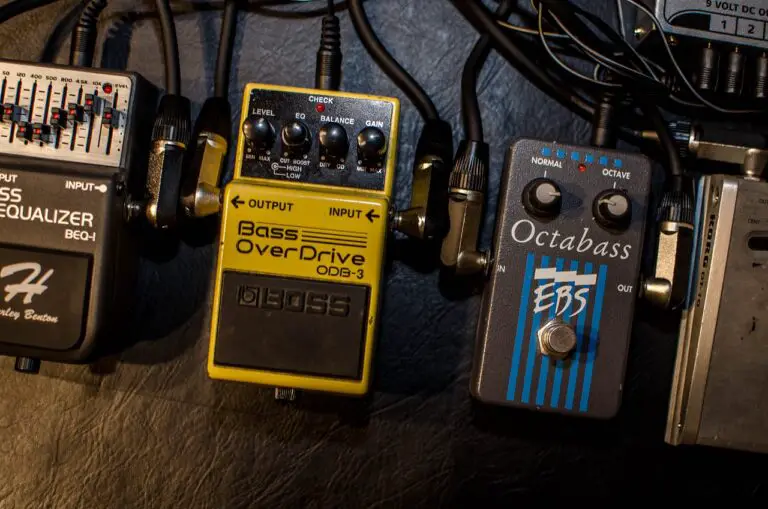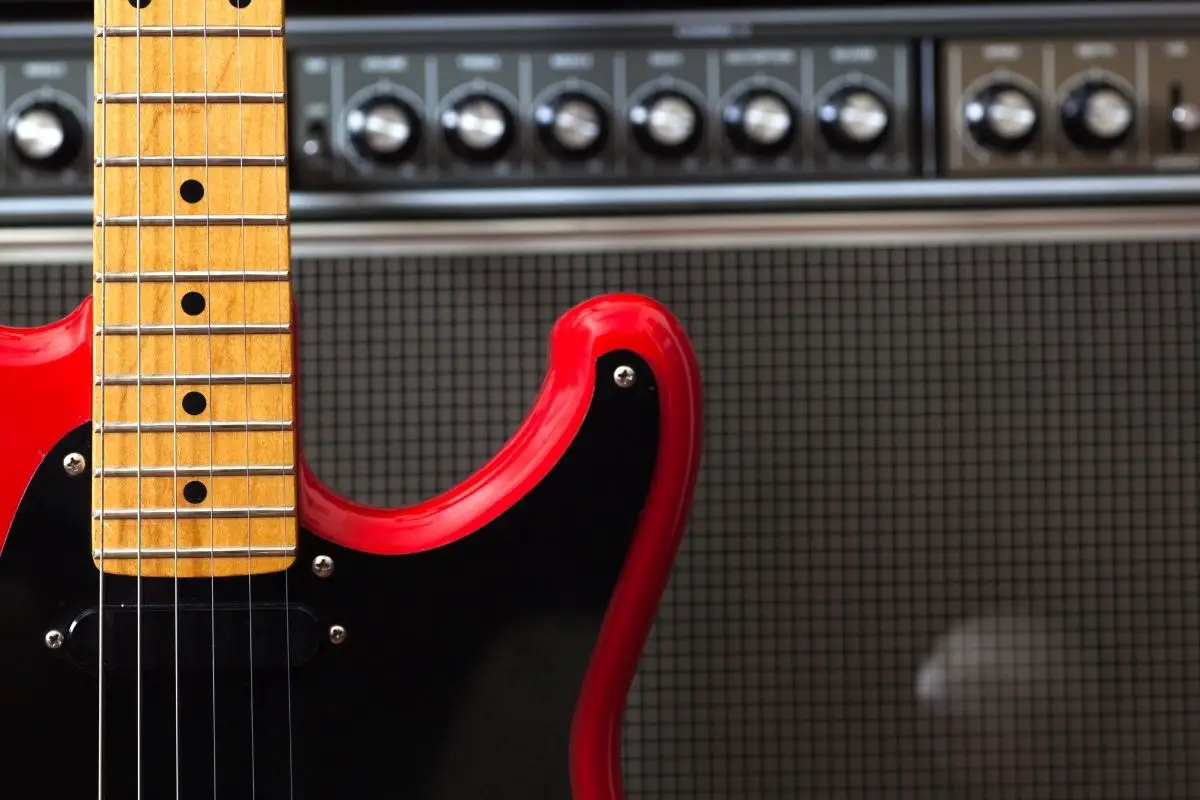Musicians Who Started Late and How You Can Too
You might think that breaking into the music world is best left to young people. Starting down the path of music can seem too difficult at a later age, and it is easy to assume that the barrier of entry is set too high. However, plenty of musicians began their careers later in life and still grew to prominence. You can do the same.
There are many examples of famous musicians who did not start until later in life. What does that mean for you? It means that you do not have to give up on your dream because you are not as young as you think you should be. Read on to learn about musicians who started late and how you can successfully do the same thing.
You Can Start Late and Be Successful
Starting your musical career at a later age is more than possible. More than a few musicians started late who eventually rose to prominence in the music industry.
Many musicians started late in life who never gave up even with formidable obstacles. Having this kind of mentality will make all the difference for you and your musical success later on.
Eleven Famous Musicians Who Started Late
#1: Andrea Bocelli
Until his major debut in 1992, Bocelli was not an internationally recognized figure. However, in 1992 a demo tape with his lyrical performance of Miserere made a big impression on Italian tenor Luciano Pavarotti.
Surprised by Bocelli’s talent, both Pavarotti and Bocelli recorded a duet that eventually became very popular in various parts of Europe.
- After this significant milestone, Bocelli moved on to sign a record label in 1993 near the age of 35
- Having released a debut album called II Mare Calmo Della Sera in 1994, Bocelli firmly established his music career.
- Later on, at the age of 41, Bocelli’s album Sacred Arias sold five million copies, making it the most successful classical album by a solo artist.
#2: Sheryl Crow
Crow taught at an elementary school in Missouri. She also took part in McDonald’s and Toyota commercials throughout the 1980s. It was not until the early 1990s, when Crow was 30, that she began to work on her first musical album.
In 1992, Crow attempted her first self-titled debut record, but the label rejected her. However, this early failure did not stop Crow from spreading her music to others. She continued to make music because she knew she had a sound that others could enjoy.
The album found a way into the public through different file-sharing networks and got some attention. At 31, her first official debut album, Tuesday Night Music Club, became a massive hit in 1993. Much of this popularity was thanks to her record’s third single, All I Wanna Do.
#3: Leonard Cohen
Before pursuing a career in folk music, Cohen resided in Canada and was a writer that lacked any financial success. When he decided to take music seriously, Cohen moved to the United States to become a folk music singer and songwriter in 1967. He wrote for artists such as Judy Collins, who landed a big hit with the song Suzanne
Cohen eventually went on to sign with Columbia Records. The album Songs of Leonard Cohen was his first album released in 1967 when he was age 33. This record quickly became mainstream in the United States and the United Kingdom. Other prominent folk artists covered many of the songs on this first album.
#5: 2 Chainz
Did you know that 2 Chainz originally was known as Tity Boi? Shocking, but this is true, and until 2 Chainz changed his name to what it is today, he did not receive nearly as much recognition.
Soon after changing his name, the mixtape T.R.U REALigion was released and made it onto the Billboard charts, cementing his early popularity at 34.
Now, having collaborated with famous music figures like Nicki Minaj and Kanye West, he has achieved a formidable music career. With his sharp rise to fame, he has scored Grammy nods, which includes his 2012 debut album called Based on a T.R.U Story.
#6: Rachel Platten
After releasing her Fight Song EP, Platten’s “Fight Song” track became a top 10 single when she was 34 years old. On top of this, this 2015 track was certified double platinum by the Recording Industry Association.
This popular song has shown up in various media and public showings.
- Supergirl
- Pretty Little Liars
- Various Ford SUV Commercials
- During Hillary Clinton’s 2016 presidential campaign
Platten then released Wildflower in 2016, which soon became number five on the Billboard 200.
#7: Debbie Harry of Blondie
Starting from humble beginnings, Blondie was a hot band in the late 1970s that did not achieve any significant fame until its third album, 1978’s Parallel Lines. When Harry was 32, the band released its first self-titled album in 1976 with little success. This did not become mainstream until the third album was released two years later.
When their third album was released, the band’s No. 1 single, “Heart of Glass,” significantly increased their popularity, helping them achieve the success they still enjoy today. At this point, Harry was already in her 30s.
As you can probably tell by this point, many of these musicians made multiple attempts before achieving any significant success with their music. They kept trying even after a few initial failures and false starts.
#8: John Ondrasik
Interested in music early in life, Ondrasik, also known as Five for Fighting, played piano and guitar. He even sang opera before solidifying his desire to become a singer-songwriter. In 1997, EMI signed him and released his debut album, Message for Albert, that same year.
Even so, Ondrasik’s first album did not receive much publicity. He garnered much attention until his colossal hit single “Superman (It’s Not Easy).” This song was from his second album release, America Town. By this point, Ondrasik was 35 years old.
#9: Bill Withers
Before pursuing a music career, Withers served in the U.S. Navy for nine years. This start is very different from many performers in the music industry. It shows that not every famous musician has to start as a fresh-faced youth.
After moving to Los Angeles, Withers decided to start taking music seriously.
- He performed in nightclubs.
- He recorded demo tapes using his own money.
- He worked for various companies as an assembler.
In 1971, his debut album, Just As I Am, marked the beginning of his career, which featured the single ballad “Ain’t No Sunshine.”
Even after debuting his first song, Withers’s skepticism about his financial success in the music industry led him to retain his assembling job. In the end, everything worked out. In 1972, Withers became famous and won a Grammy for Best R&B Song.
#10: Susan Boyle
At the age of 48, this Scottish singer became an international marvel as a contestant on Britain’s Got Talent in 2009. Although she ended up in second place, Boyle received the most attention from various media channels, and the internet exploded after her first audition.
In the fall of 2009, Boyle released her first album, which claimed its place as the No. 1 best-selling album on charts in many countries internationally. Since her massive spike in popularity, she has received two Grammy nominations.
#11: James Murphy
Jumping between different bands in the late 1980s and 1990s, Murphy did not start his most well-known musical project until 2001. This project turned out to be the electronic dance-punk band LCD Soundsystem.
Their first single, Losing My Edge, garnered much attention after its release in 2002. Later in 2005, the band’s self-titled debut album followed. In 2006, this debut album earned a Grammy Award nomination for Best Electronic/Dance Album when Murphy was 35.
How You Can Become a Musician Too
Whether you start early or late, there are steps you need to take to launch your musical career. Like any profession, natural talent, well-honed skills, and a good mindset are vital components of your long-term success. Notice that none of the necessary steps require you to be of a specific age.
You can become a musician at any age as long as you have the motivation and skills necessary to perform. Like with any profession, becoming a musician involves some crucial measures you must take to be successful.
Here are some reminders to get started:
- Get focused
- Set realistic expectations
- Establish a routine
- Practice good work ethic
- Devote yourself to the artistic process
- Do not burn yourself out
Get Focused
Like any other profession, starting a musical career requires focus and consistency. That does not mean music is all you think about, but it does mean you need to set some time aside to interact with or create music.
To maximize your musical potential, you want to set goals for yourself and take actionable steps to realize those goals. Whether writing a new song piece or practicing an instrument, consistently devoting time, energy, and attention to music will give you results.
Focus is being entirely in the moment as you partake in the artistic process of music. No distractions and no worries— at that moment, you and your music will be in sync, which is the time when you are performing at your best.
Have Realistic Expectations
Accomplishments do not fall in your lap. You must earn them. To meet your musical goals and aspirations, you need to set the bar low enough so you can reach it but high enough to give you a challenge. Incremental improvement is possible and much more realistic than expecting perfection instantly and feeling too much pressure.
Here are some general tips on how to set yourself realistic expectations:
- Honestly assess your abilities
- Find ways to leave your comfort zone
- Establish a goal that is challenging but manageable
- Make a routine and practice until you can meet that goal
- Set a new goal once you complete your original goal
For many musicians, the practice may look like memorizing the harmonies of a song, practicing with an instrument, or having a deep understanding of a piece of music. Depending on what you are trying to do, your actions to accomplish your musical goals can differ— the same formula but different ingredients for success.
Establish a Routine
Just like with goal setting, establishing a functioning and efficient routine is vital for your long-term success as a musician. You should formalize the process as much as possible to ensure there is no room for uncertainty. Schedule events and practices to create the perfect day for yourself in advance.
Scheduling a rehearsal a month in advance can significantly affect band members’ progress. Each member should know where to go, when to be there, and what activities they will engage in before arriving at rehearsal. Less doubt means more efficiency and better music.
Good Work Ethic
At this point, you probably have a good idea of what to expect once you decide to make a career out of music. But what kind of person does it take to become the musician you want to be? Whether you are young or old, you need to be disciplined and confident to walk down any path in life, including music.
This means becoming a role model to yourself and others since you will be committing more time to the music. Working on your music daily and establishing a routine is one thing, but putting it into practice can also be very demanding at the start.
Regardless of your musical talent, if you lack a good work ethic, then the chances of you succeeding in music is low. Like with the successful musicians who started late, you need to accept that you will likely fail at the start, but you cannot let that stop you from pursuing music.
Turning your failures into opportunities for growth will not only make you into a better musician but a stronger person. A good work ethic will be the solid foundation you need to attain your goals and overcome any obstacles you may encounter at the start of your musical career.
Build Your Brand
Music is an industry and a business. To have any successful business, you need to establish connections with other musicians, artists, and people who can spread the word about you or your band. This requires a lot of patience and finding the right people, but it is necessary if you want any real exposure in the music industry.
Here are some ways you can build your brand:
- Publish a music video on the internet
- Get played on the radio
- Hold live events
- Develop a social media presence
- Build a website
- Look at what similar musicians or bands are doing
Whether attending small concerts or publishing music videos on YouTube, many moving parts need to come together before people actively seek out your music. It only takes one big-hitting song for many musicians before they start receiving a lot of attention from the public eye.
Researching the type of demographics that your music attracts is essential. Every musician has an audience, and by growing your brand awareness, you will eventually find yours.
Have Fun
Aside from all of the logistical aspects of being a musician, having a genuine passion and interest in music is something you cannot overlook. Having fun is essential and will help nurture your talent and creativity.
Starting your musical career will not be easy, but as long as you are having fun during the process, that makes everything worth it at the end of the day. Hard work pays off, but do not forget to mix in some fun too.
Stable Income Source
Before embarking on your journey to become a musician, you need a job or other income source to sustain you until your music can keep you financially afloat. Not having a stable income will drastically reduce your performance and put you in a stressful position.
Music is an art and takes time to develop correctly before being fully appreciated. Until your music gains popularity, make sure to have a stable living as a backup plan.
Take Care of Yourself
Although music is essential, so is maintaining your mental health and general well-being. Looking after yourself and taking care of your needs is necessary, so make sure to find time to relax or step away from music when you need to.
Putting too much pressure on yourself at the beginning will get in the way of the music process, so always find time to look after yourself and lighten up the mood. Even if music is your passion, there will be moments when you are too exhausted to keep going or need to take a break to reassess your goals.









